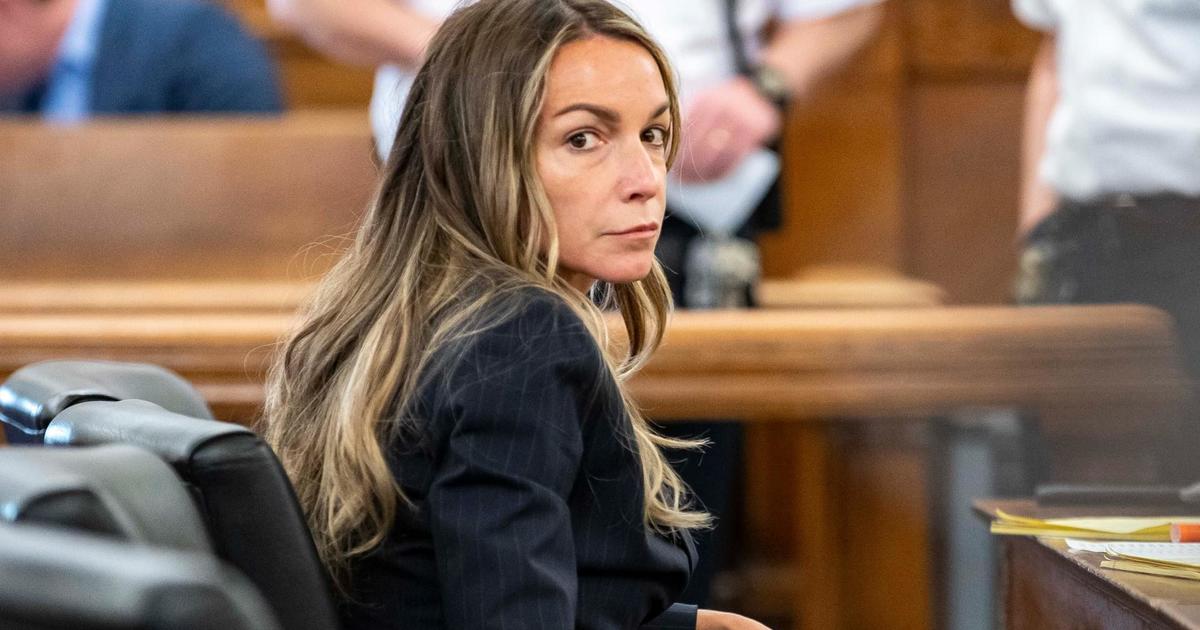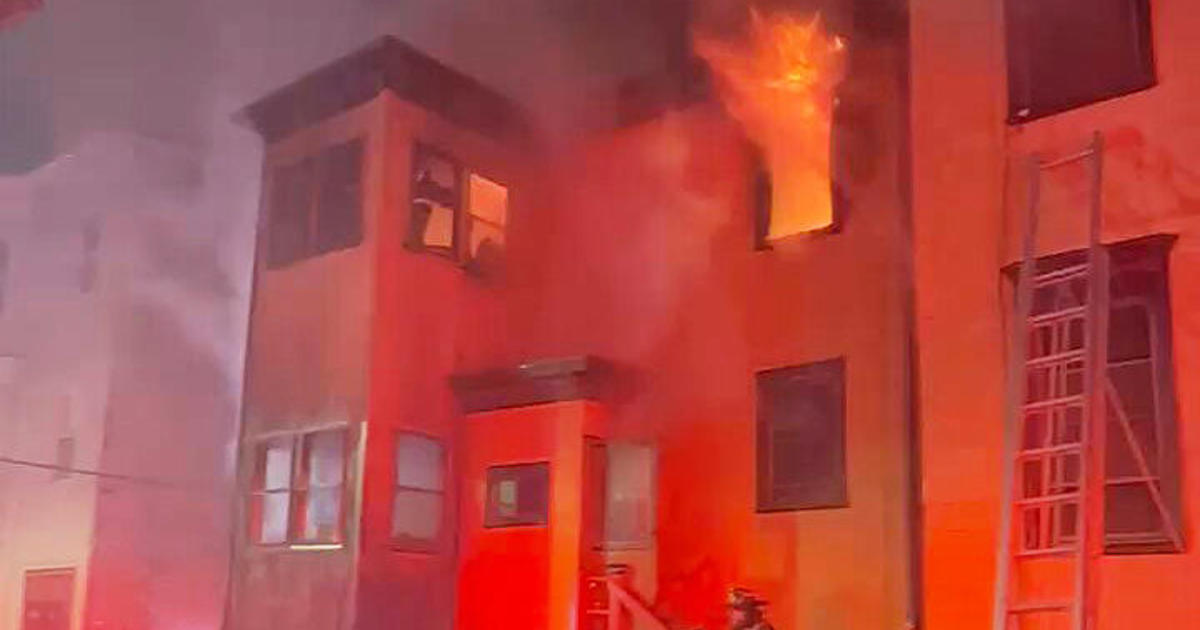Governor, Attorney General To Modernize Wiretapping Rules
BOSTON (AP) — Republican Gov. Charlie Baker and Democratic Attorney General Maura Healey are joining forces in a bid to modernize the state's nearly half-century-old wiretapping law to better reflect, in their view, the current criminal and technological landscape.
The bill, which also has the backing of district attorneys and other Massachusetts law enforcement officers, was unveiled at a Statehouse news conference Tuesday. By making what backers called "modest adjustments" to the 1968 statute, police and prosecutors will be in a stronger position to solve violent crimes, such as gang-related killings and rape.
"Our priority is to keep our communities safe, and this bill is aimed at modernizing state law to give law enforcement more tools to investigate and prosecute some of the most heinous crimes, such as murder and human trafficking," Baker said in a statement. "As several state judges have noted, overhauling this law to address 21st-century technology will help law enforcement better protect the people of Massachusetts."
Healey noted that updating the state's wiretapping rules has been a priority of her office, and of her predecessor, former Democratic Attorney General Martha Coakley. But previous bills have met at best lukewarm support on Beacon Hill, in part due to privacy concerns raised by opponents of similar legislation filed in the past.
A key element of existing law that critics point to is language that limits electronic surveillance to crimes "in connection with organized crime." They contend the narrow phrasing has often been an impediment to prosecutors, and note past decisions by the Massachusetts Supreme Judicial Court to suppress wiretapping evidence that was not part of an "organized crime" investigation as defined by the law.
The legislation would add to the designated crimes for which a wiretap could be used to include murder, rape, human trafficking, drug trafficking, certain civil rights violations, possession or use of explosives, and possession or use of biological, chemical or radiological weapons.
It would additionally expand the number of offenses that could be associated with organized crime, including illegal trafficking of firearms, money laundering and creation or dissemination of child pornography.
With the current law having predated the personal computer and cellphone era, the legislation also makes clear that Massachusetts judges are empowered to issue search warrants to monitor wireless devices and other modern forms of electronic communication.
"Making these changes ... is a necessary step that will allow law enforcement to effectively address crimes that are driving up violence in our neighborhoods," said Boston Police Commissioner William Evans. "These updates will support our mission in addressing gang violence, reducing crime and improving the quality of life in our communities."
Messages seeking comment from lawyers' groups, including the Massachusetts Bar Association and the Massachusetts Association of Criminal Defense Lawyers, were not immediately returned.
Defense attorneys have in the past acknowledged the desire to update the wiretapping law to reflect present-day technology but have worried the changes would be too sweeping in scope and encroach on the privacy of innocent people.
(© Copyright 2017 The Associated Press. All Rights Reserved. This material may not be published, broadcast, rewritten or redistributed.)
WBZ NewsRadio 1030's Lana Jones reports



